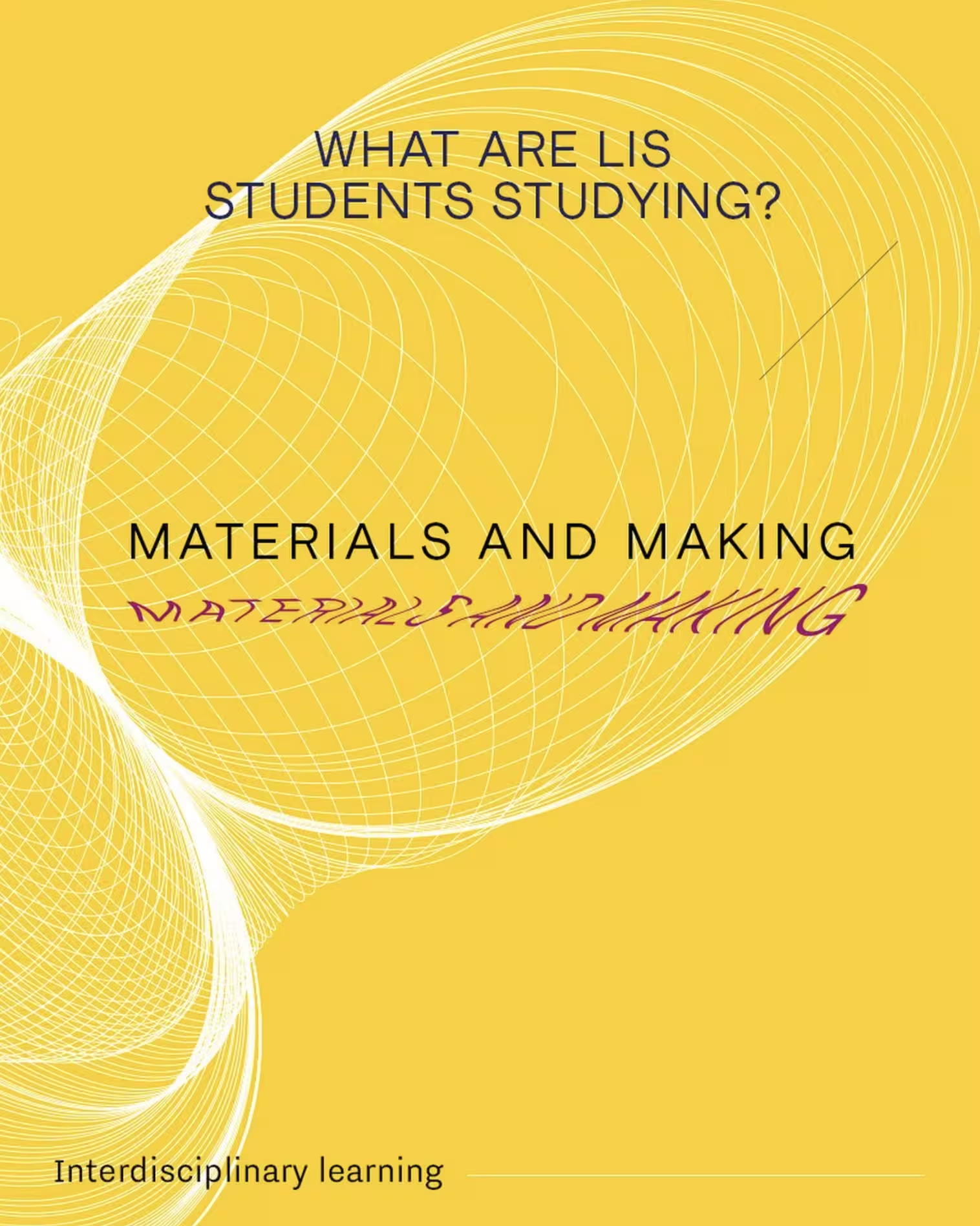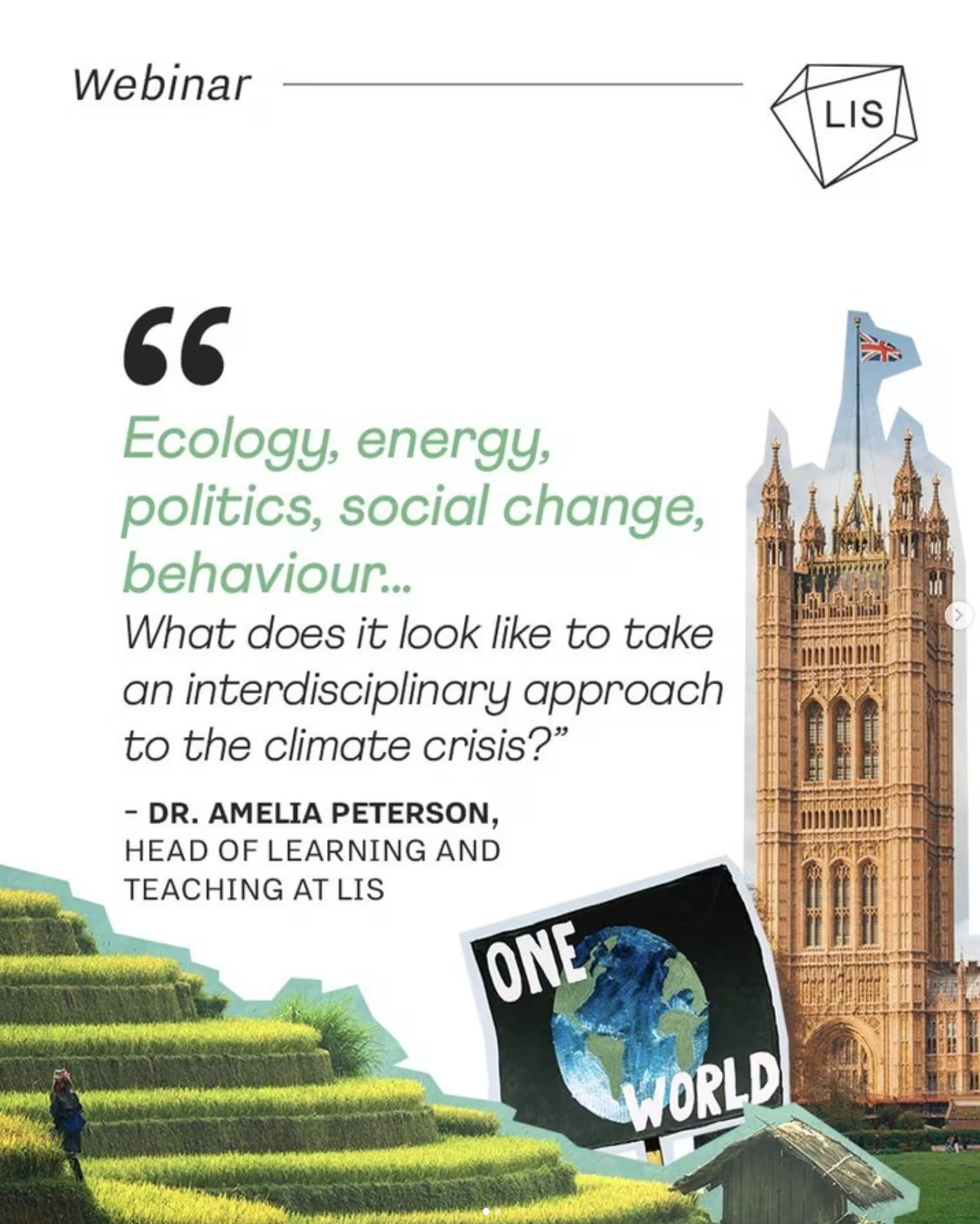An LIS perspective on the ‘Advanced British Standard’

Almost exactly one year ago, Rishi Sunak unveiled a bold proposition: to overhaul the traditional A-Levels. This transformative move aims to reimagine post-16 education, introducing a new qualification known as the 'Advanced British Standard' that required students to study five subjects, in contrast to the current three-subject A-Level system, making both Mathematics and English compulsory subjects until the age of 18.
Sunak argued, "Our children’s jobs will require more analytical skills than ever before, and letting our children out into the world without those skills is letting our children down’. Given the complexity of the political and schools environment, in this piece we’re not going to discuss the current viability of this reform. Instead, we’ll evaluate it from the perspective of LIS, an interdisciplinary university committed to teaching of both ‘Arts’ and ‘Sciences’.
A-Levels - why change?
Initiated in 1951, A-levels were designed with the view that academic specialisation would facilitate young people entering higher education.However, the landscape has shifted: higher education is no longer just a route to professional employment for a narrow sub-set of society, but the pathway to a wide variety for almost half the population. Employers today increasingly value experience over specific subject knowledge (with some exceptions for the traditional professions; we still very much like our doctors to know specifically about human health and diseases rather than river formation). With the growing complexity of the problems we face as a society – problems that cross boundaries of specialist expertise – it is crucial to scrutinise how we educate the generations who will be addressing and tackling these issues.
In this context, one of the key arguments in favour of Sunak's proposal is the opportunity it presents for students to engage with a wider array of disciplines during their formative years. The inclusion of Mathematics and English as compulsory subjects until the age of 18 could contribute to a more well-rounded education, fostering critical thinking skills and enhancing students' ability to navigate an increasingly complex world. Maintaining the study of these subjects to a higher level would increase our student's ability to work with different symbol systems, different perspectives, and understand various communication methods. We understand that to discover, communicate, and test knowledge, one needs a blend of learning experiences across the arts, sciences and humanities. Therefore, we at LIS would support the broadening direction of this reform.
Beyond Maths and English
Whilst supporting the direction, a key weakness to the proposed reform is the continued emphasis on Mathematics and English as the primary tools for language, numbers and analytical methods. Our perspective atLIS is that yes, we should be investing and improving the rigour of quantitative understanding, but also acknowledging that subject areas such as Biology,Psychology, Sociology, Economics, and Computer Science could offer that blend of qualitative and quantitative knowledge essential for holistic education, still addressing the key problems this reform aims to address.
At LIS we advocate not only for learning across disciplines but also for their integration. The proposed reform should address the integration of knowledge, a crucial aspect often overlooked in the current curriculum. Research consistently demonstrates that students exposed to interdisciplinary learning experiences show higher levels of critical thinking and problem-solving skills (Ye et al. 2023). These studies often highlight the long-term benefits of integrated education, indicating that students are better equipped to apply knowledge in real-world scenarios when they have encountered it in a variety of contexts (Dym et al, 2005). If policy makers are concerned not just with what students know, but what they can do with what they know, there needs to be an explicit place for the integration of knowledge in the sixth form qualification pathway.
Of course, the most obvious challenge this proposition faces include the need to upgrade teacher capabilities and do so without overwhelming an education system that is already very stretched. Investment in professional development, additional staffing, and updated curriculum materials would be essential. Hiring thousands more Mathematics teachers is both practically infeasible and would undermine the potential for a wider impact on developing quantitative understanding across the school curriculum. In essence, the proposal to add English and Maths as compulsory subjects to sixth form poses logistical challenges around teachers that may just hinder its effectiveness in students learning a range of literacy and numeracy skills.
A Way Forward
As an interdisciplinary university, we naturally believe in the power of a holistic education. While Maths and English are undoubtedly valuable subjects, we do not believe they should hold a monopoly on young people’s time.To nurture students' interests and talents in other areas of study, a balanced approach is necessary. Essentially, we want a solution that ensures students receive a well-rounded education without burdening those responsible for delivering it. This (unsurprisingly) will only be possible through taking an interdisciplinary approach.
At LIS, we simply want to ask a question. Could we create a curriculum that integrates both qualitative and quantitative learning methods into specific subject areas, and in tandem equip teachers with the skills to deliver these? For example, could we introduce statistical analysis and data interpretation into the social science subjects such as Sociology andPsychology? Could we integrate coding and programming skills within primarily language composition subjects such as English, allowing students to create stories, essays and poems using coding language and mathematical logic? If applied to a variety of subjects taken by students at sixth form, this framework could expand students' exposure to qualitative and quantitative learning methods and at the same time ease the strain on the education system to simply hire more Maths andEnglish teachers. In embracing this approach, we could forge an educational path that acknowledges the diverse strengths and interests of students, fostering a learning environment that is both inclusive and innovative, and ultimately lays the foundation for students to navigate their futures in our interconnected, and rather complex world.
As Rishi Sunak's 'Advanced British Standard' initiative, if implemented, is still a decade away, there exists a window of opportunity to refine and enhance these initial concepts. By exploring practical, evidence-based (and of course, interdisciplinary) solutions, we can effectively overhaul the sixth form curriculum, addressing the pressing needs of the education system and making impactful changes.
Share this story
Sign up for our newsletter
Don't miss out on important updates including course information, new announcements, Open Day dates and the latest LIS news.

-min%201-min.png)













































.svg)

.svg)









.webp)
This is a comment related to the post above. It was submitted in a form, formatted by Make, and then approved by an admin. After getting approved, it was sent to Webflow and stored in a rich text field.